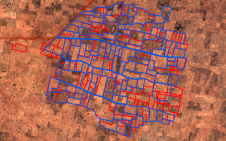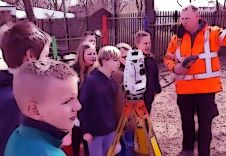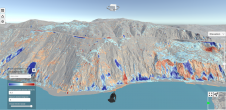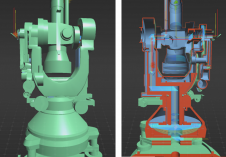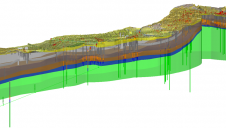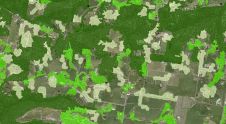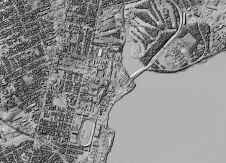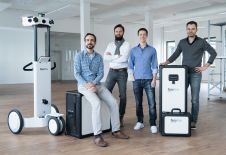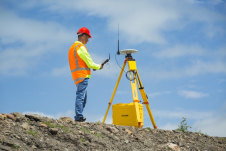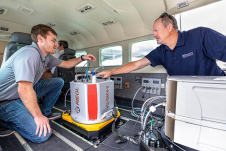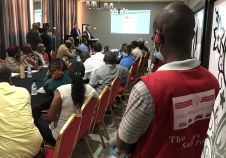Imagination
It's the entrepreneur with imagination that will survive, and acting like a sitting duck will not help you win through these both economically and technologically challenging times. ese two remarks by Ola Rollén, CEO, Hexagon AB, should be taken into account by survey companies and their leaders. Rollén, since 2000 main man at Hexagon, mother-company of brands like Leica, Erdas, ZI Imaging, Geomax and Intergraph, shares his views in this issue of GIM International. Rollén is an economist, graduate of Stockholm University. He combines this background with long experience in international business environments. Talking to him quickly convinces you this is an overview that will help the geospatial business onwards and
upwards.
His fi rst statement, that the entrepreneur with imagination will survive, is a call pon all entrepreneurs in the geospatial or surveying business, be it in the big software companies and large hardware producers or the ‘mom and pop' shops, smaller surveying companies or hardware manufacturers. What's needed is thinking outside the box. The industry is moving in a different, more creative direction, and either you're coming along or you aren't. Especially for smaller companies, it's not always easy to step to one side and take the long view on your business. For those with less imagination, a good tip might be to find someone outside your company whom you trust and appreciate for his or her ideas, and then take a day or two together to review everything you're doing, producing, and offering to the market. And imagine what else you could do. This is the start of letting imagination take its course and changing your business in a good and successful way.
The second Rollén statement is really an outcome of the first. Acting like a sitting duck, keeping on doing what you've been doing for years, refusing to adjust to market needs or explore different ones and just waiting for better times won't keep you in business. Here again, words are always easier than deeds. It's difficult to reallocate resources without prior knowledge of the eff ect. But taking a little risk is inevitable in every situation, and this again goes for large or small companies, hardware or software manufacturer.
In short, Rollén advises everyone to adopt creative entrepreneurship. The good news: there are plenty of opportunities to make use of this new approach, as he and others are identifying. Business overall is growing, the need for geospatial information is increasing and emerging markets are opening up. The glass is half full, not half empty. And although this optimistic view often goes hand in hand with imagination, there are lots of wins on the horizon for even somewhat less optimistic and more conservative entrepreneurs in coming years. Share your ‘unusual' ways of identifying new business - send me an email at durk.haarsma@geomares.nl giving free rein to your imagination.
Make your inbox more interesting.Add some geo.
Keep abreast of news, developments and technological advancement in the geomatics industry.
Sign up for free


